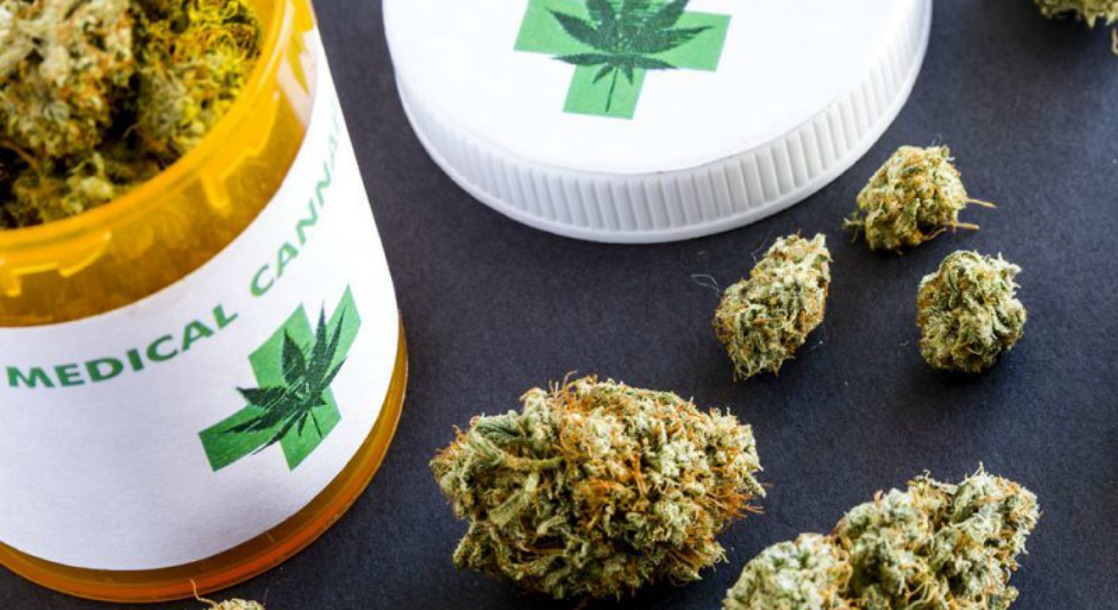This week, the Global Commission on Drug Policy, a panel of world leaders and intellectuals dedicated to global drug policy reform, released a new paper exploring possible solutions to the opioid crisis currently gripping North America. The paper notes the ineffectiveness of traditional drug prohibition, and instead advocates for a pragmatic approach involving treatment and harm reduction.
In a recent blog post, Virgin Group founder and commission member Richard Branson explained several of the key issues covered in the paper. “Much has already been written about the causes of this crisis, including the unethical methods of big pharma in expanding prescriptions of medical opioids,” Branson wrote. “Some important factors are often overlooked, however, such as the role of economic upheaval, unemployment, and inequality. We know that they increase the risk for addiction and decrease the odds of recovery in this 'crisis of despair.'”
The paper details the rise in popularity of the dangerous synthetic opioid fentanyl. This new drug is easier to create than traditional drugs like heroin, and is 50 times more potent than morphine, making it easier for drug smugglers to transport it in smaller packages. The commission reports that fentanyl-related deaths have jumped by a staggering 540 percent over the past three years. “These enormous fatality increases once again tragically underscore the 'iron law of prohibition,'” Branson wrote. “Illegal substances become more concentrated and more dangerous under repressive policies.”
The commission recommends that governments should not cut off the supply of prescription opioids without first ensuring that supporting measures have been put in place. The paper recommends increasing harm reduction and treatment programs such as naloxone distribution, low-threshold opioid substitution therapy, heroin-assisted treatment, needle and syringe programs, and supervised injection facilities.
“The most effective way to reduce the extensive harms of the global drug prohibition regime and advance the goals of public health and safety is to get drugs under control through responsible legal regulation,” the commission wrote. The paper recommends that the U.S. and Canada should “decriminalize drug use and possession for personal use at municipal, city or State/Province levels … so that people in need of health and social services can access them freely, easily, and without fear of legal coercion.”
The commission also recommends that “states that have not yet done so” should “legally regulate the medical use of marijuana.” Branson notes that it is “striking that in states that allow regulated use of medical marijuana, overdose death rates are lower. It confirms what my fellow Commissioners and I have been saying for years: that the most effective way to reduce the extensive harms of prohibition and advance the goals of public health and safety is to get drugs under control through responsible legal regulation.”











